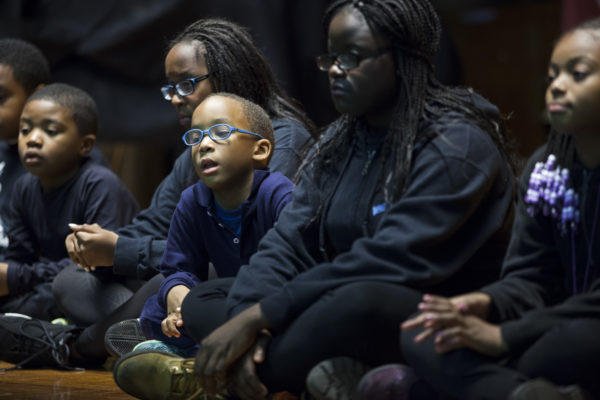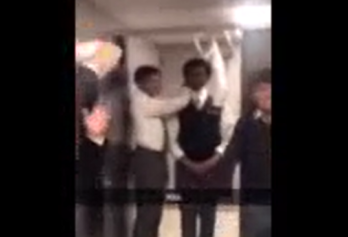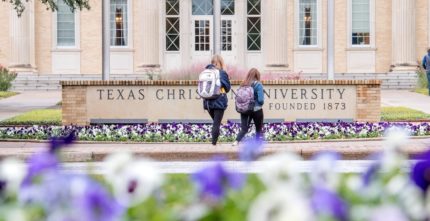A new study found aspiring teachers are more likely to assume Black children are angry even when they are not.
The research team surveyed 178 student-teachers to determine if they exhibited “racialized anger bias,” toward Black children. The report, titled “Racialized emotion recognition accuracy and anger bias of children’s faces” was published in the scholarly journal Emotion.

“Racialized anger bias means that people are seeing anger where none exists. We saw this happening to Black adults in earlier research. Now this finding highlights the urgent need to address conscious and unconscious bias in educators,” Amy Halberstadt, one of the study’s co-authors and a psychology instructor at North Carolina State University, said in a press release.
The student-teachers came from three training programs in the Southeast. Seventy percent of them were white, and 89 percent were female, to match demographics across the country. They were shown 72 clips of Black and white children making various facial expression and asked to assign an emotion. The clips showed the same number of children from both races and they were divided equally by gender.
After examining the data, researchers found the participants were 1.36 times more likely to assign anger to Black children than to white children, even when they weren’t making angry faces. Black boys were labeled angry 1.16 times more than white boys. Black girls were mislabeled 1.74 times more often than white girls.
“Although never statistically examined before, the misperceptions of Black girls’ anger verifies qualitative research of Black girls’ and women’s experiences, that they too are seen as angry when they are not,” Halberstadt said.
This data does not necessarily mean Black children will be subjected to expressed bias but it shows white children are more likely to get away with misbehavior.
“Essentially, we found that prospective teachers are more likely to view Black children as being angry, even when they’re not,” Halberstadt explained. “And the more biased prospective teachers were, the more likely those prospective teachers were to give White children the benefit of the doubt. In other words, if the teacher had higher levels of explicit or implicit racial bias, they were a bit more likely to give white kids a ‘free pass.’”
Previous studies have shown Black students are disproportionately disciplined when compared against their white counterparts. Data from the federal office of accountability found Black children made up 15.5 percent of the public school population in the 2013-14 school year but 39 percent of suspensions. They are also more likely to be arrested at school, sent to in-school suspension, be expelled and receive corporal punishments in places where it is allowed. A 2017 Georgetown study found adults view Black girls aged 5-14 as less innocent compared to white girls.


